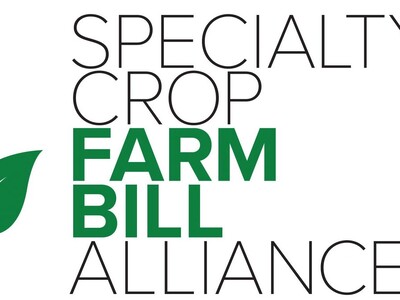Part Two Covering Controversial Wolf Study
Part Two Covering Controversial Wolf StudyI'm Lacy Gray with Washington Ag Today.
After analyzing 25 years worth of lethal control data from U.S. Fish and Wildlife Service Interagency Annual Wolf Reports from Idaho, Montana, and Wyoming Rob Wielgus with the WSU Large Carnivore Conservation Lab and data analyst Kaylie Peebles recently released study findings that suggest that shooting and trapping wolves increases the odds of livestock depredations by 4% for sheep and 5 to 6% for cattle, and that lethally removing wolves also connects with breeding pairs. Wielgus explains.
WIELGUS: When you shoot wolves you often fracture the pack structure, especially if you kill a dominant male/dominant female. Those alpha males and females prevent the other wolves from reproducing. And if those adult dominant animals are killed then the other animals are released to reproduce. And others have suggested that killing wolves could result in increased breeding pairs. We analyzed the data and found that that was indeed the case too - for each wolf killed the odds of a increased breeding pair went up by 5%; the exact same number as the livestock depredations.
As part of the study on non-lethal wolf control Wielgus monitored 300 radio-tagged sheep and cattle in eastern Washington last summer with none of them being killed by wolves. Still, Wielgus himself says that far more research needs to be done before any final conclusions can really be made.
WIELGUS: Let's make these steps, these scientific investigations, to see what's really happening and how we can more effectively serve the livestock industry and serve recovery of wolves at the same time.
That's Washington Ag Today.
I'm Lacy Gray with the Ag Information Network of the West.















